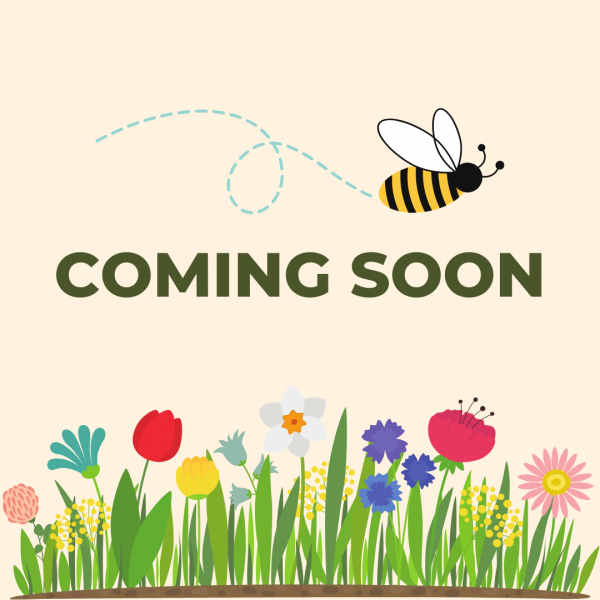Our New Pollinator Garden Coming Soon

The Creation Care team is constructing a new pollinator garden and we need your help! We need plants to go into the garden sometime this fall. Would you like to help us by donating funds, your time, or a native pollinator plant? If so, please let us know by filling out this survey.
Why are plants for pollinators so important? Pollinators support plant reproduction and plant diversity by transferring pollen and seeds from one flower to another, fertilizing the plant so it can grow and produce food. Although honey bees are the single most important species of pollinators across the globe, pollinators such as birds, bats, butterflies, moths, flies, beetles, wasps, and small mammals also play an important role in pollination. Without pollinators, the human race and all of Earth's terrestrial ecosystems would not survive. The effects of climate change, disease, and negligent farming practices have led to the destruction of many pollinator’s natural habitats. This has had a detrimental effect on pollinators which, in turn, has resulted in a negative effect on the natural ecosystem which affects most plants and animals. And did you Know?
• More than 80 percent of the world's flowering plants need a pollinator to reproduce; and we need pollinators too, since most of our food comes from flowering plants.
• One out of every three bites of our food, including fruits, vegetables, chocolate, coffee, nuts, and spices, is created with the help of pollinators.
• In order to produce 1 pound of honey, 2 million flowers must be visited and an average worker bee makes only about 1/12 teaspoon of honey in its lifetime.
• In keeping with tradition, Queen Elizabeth II’s royal beekeeper announced to the hives at Buckingham Palace that she had died and informed them that King Charles III is their new master.
Information provided by Cynthia Blocksom and the Creation Care Team
Tags: Creation Care / Notices